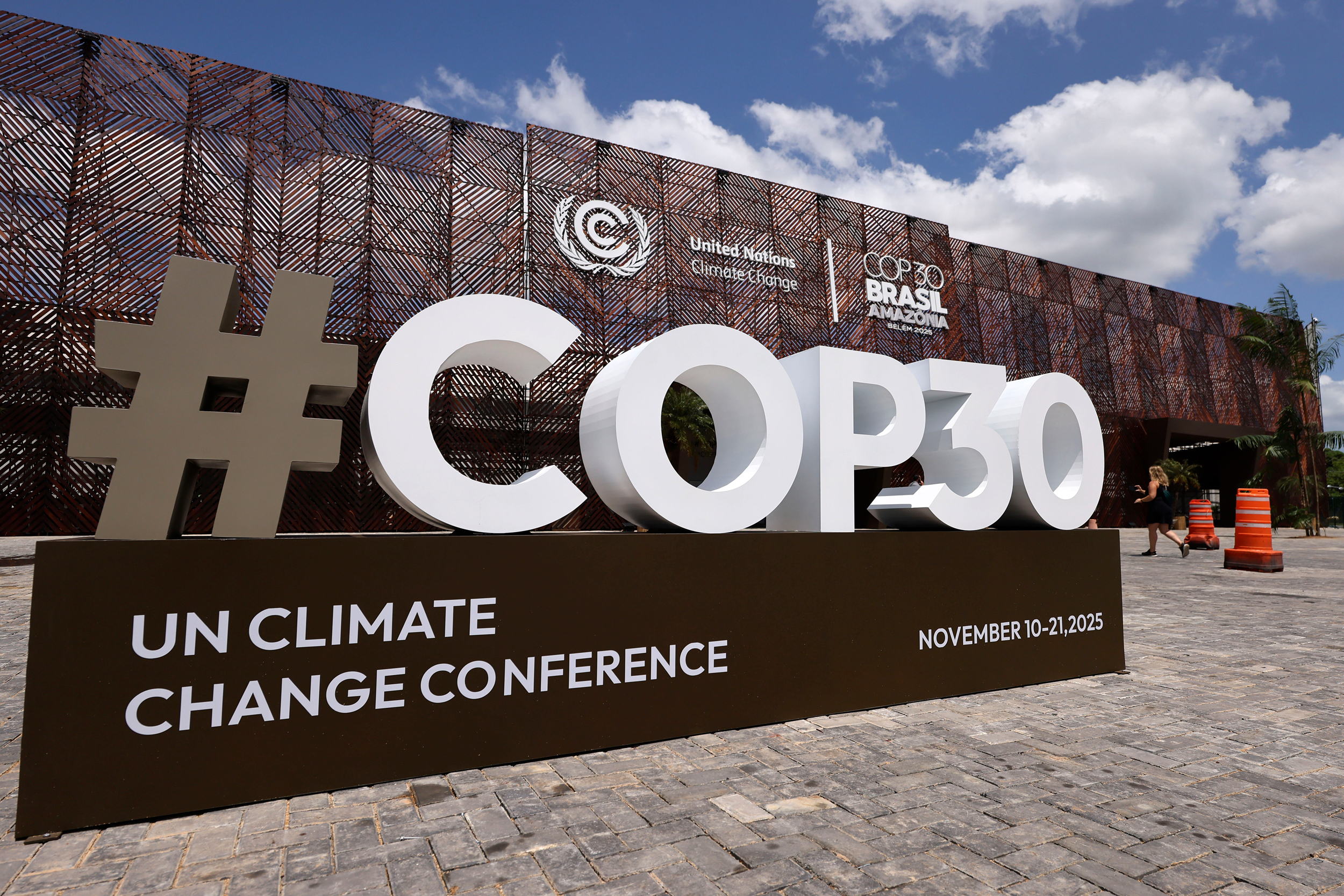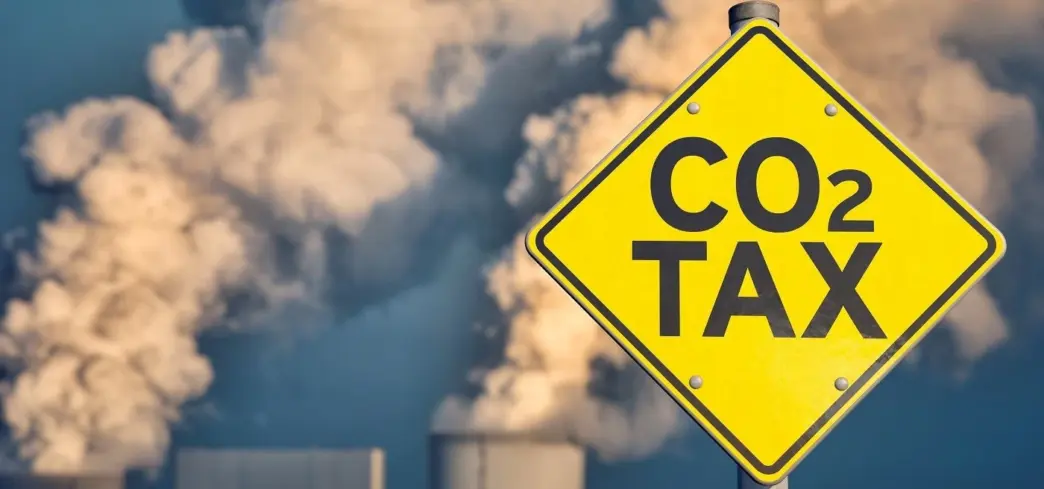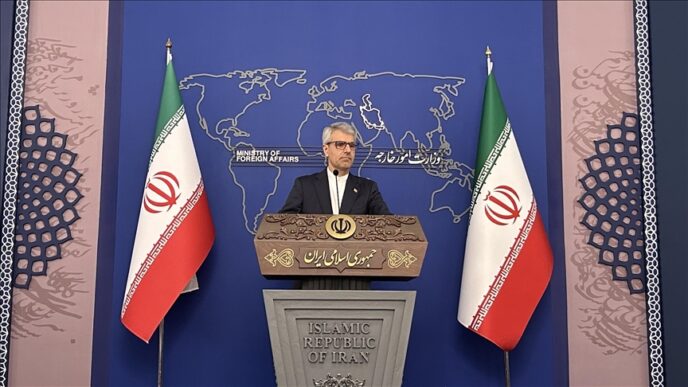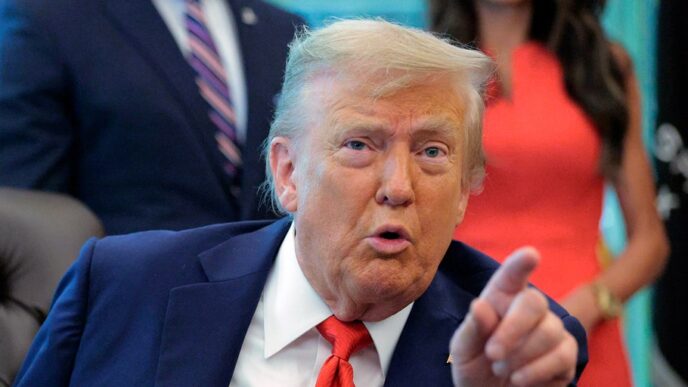The European Union’s flagship environmental policy, the Carbon Border Adjustment Mechanism (CBAM), is generating significant international controversy and is set to be a key flashpoint at the COP30 climate summit in Brazil.
Often referred to as a “carbon tax” on imports, the mechanism is designed to ensure that carbon-intensive goods entering the EU—such as steel, cement, and aluminium—face the same emissions costs as EU-produced goods.
CBAM Details and Goal
Operational since 2023 with full implementation planned for 2026, the CBAM’s primary goal is to prevent “carbon leakage.”
This term refers to companies moving production to countries with weaker climate regulations to avoid the costs imposed by the EU’s internal emissions trading system.
Under CBAM, importers must purchase emission certificates if the carbon embedded in their foreign-produced goods exceeds EU standards.

With current EU carbon prices high and expected to climb, the financial burden on importers is substantial, potentially doubling the cost of raw materials like steel.
Global Pushback and Controversy
While the EU promotes CBAM as a “virtuous” tool to encourage global green practices, many trading partners view it as protectionism.
Critics include figures like US President Donald Trump, but broader concerns come from developing nations. These countries fear the policy will unjustly shift the financial burden of emissions reduction onto the Global South.
However, EU lawmakers counter this, arguing that the mechanism primarily affects trade with industrialised nations like the US, China, and Russia.
The international backlash has intensified, leading countries including China, India, and Bolivia to push for CBAM to be formally addressed on the COP30 agenda.
Critics warn that focusing on this trade measure could distract from more critical negotiations on emissions mitigation and climate finance.
While the CBAM is projected to generate billions in annual revenue for the EU starting in 2028, experts suggest its direct global emissions impact will be modest.
To ease global tensions, some specialists propose that the EU dedicate a portion of the revenue to fund decarbonisation efforts in developing countries.


 Trending
Trending 













